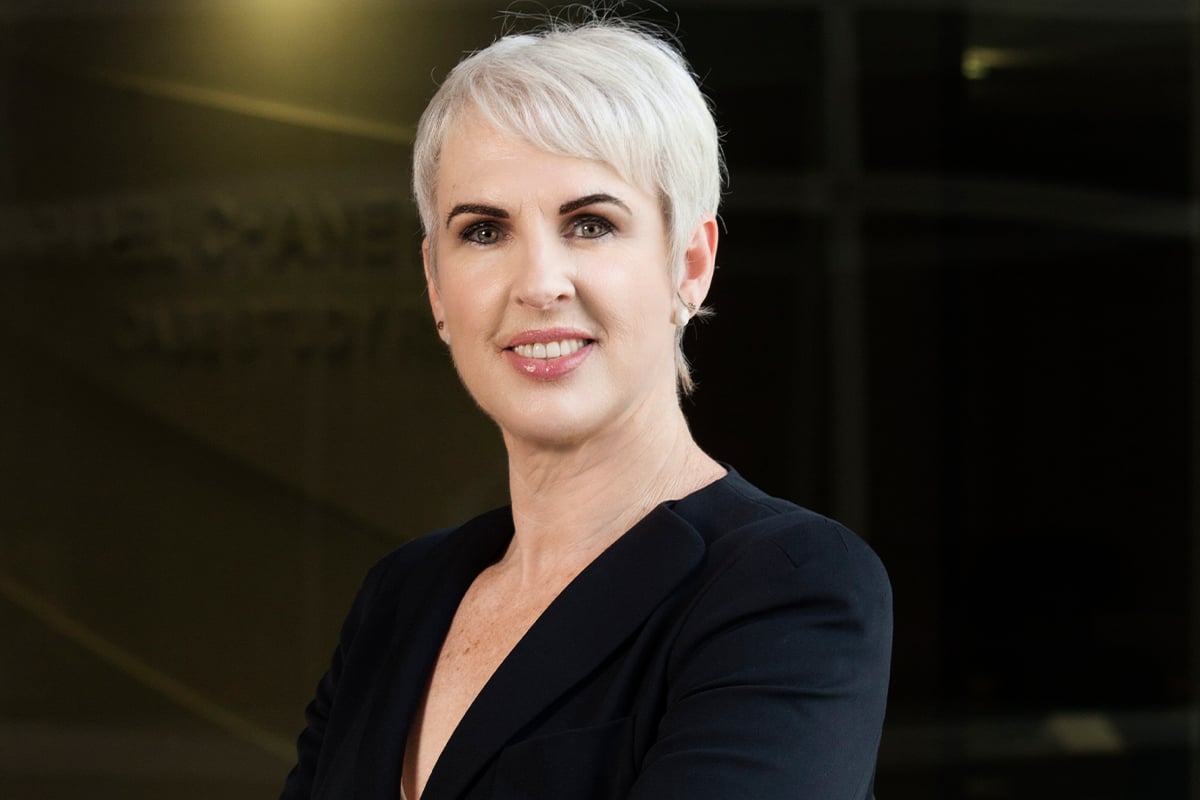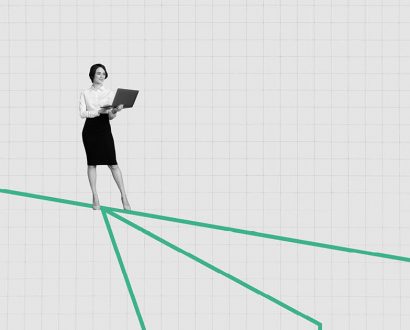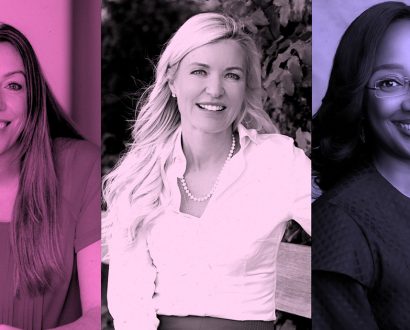With an Officer of the Order of Australia medal for her service to business and gender equality, Diane Smith-Gander AO is one of the country’s most inspiring women in the C-suite.
Adding to her impressive list of accolades, the Wesfarmers non-executive director has been awarded the Western Australia Award for Excellence in Women’s Leadership 2020.
The advocate for gender equality explained to The CEO Magazine the recognition affirms her advocacy work.
“Given we all know that you can only be what you can see, recognising women’s leadership with awards increases visibility and so makes women’s leadership more normal,” Diane says.
The annual Australian Awards for Excellence in Women’s Leadership recognises an outstanding leader as the national winner as well as one inspiring woman from each Australian state and territory.
This year’s national recipient is Nova Peris OAM OLY in recognition of her advocacy and leadership across a variety of fields.
Being recognised alongside Diane in their state or territory is champion tennis player Ash Barty (Queensland); award-winning journalist Annabel Crabb (SA); first female commissioner of the ACT Emergency Services Agency Georgeina Whelan AM CSC and Bar (ACT); Dr Kerryn Phelps AM (NSW); author Jamila Rizvi (Victoria); North Australian Aboriginal Justice Agency CEO Priscilla Atkins (NT); and Councillor Zelinda Sherlock (Tasmania).
“This prestigious award is designed to recognise women who work hard to advocate for and include women’s leadership in all facets of their personal and professional life,” says Suzi Finkelstein, Global Executive Director of Women & Leadership Australia, New Zealand and International.
The CEO Magazine sat down with Diane to discuss what business leaders should be doing for gender equality.
What’s the most important thing you can do as a woman in leadership?
“The most powerful thing I can do is to make sure my voice is heard and, in the process, amplify the voice of other women.”
What makes a good leader?
“A good leader has a vision of how they lead, they set clear but stretching aspirations for themselves and their organization and they communicate ferociously to motivate, reward and recognise, but mostly they remove any obstacles in the way of aspiration. They are an enabler.”
Have you faced any challenges as a woman in the C-suite?
“I started working in the 1980s, so I have faced many obstacles, and when I hit the C-suite the challenges did not stop as there remained so many assumptions about what I would and would not do as a female executive.
“This created the double bind where if I did not do as expected, I was seen as not authentic or not commercial.”
Why do you think only 25% of executives in ASX 200 companies are women?
“The definition of merit is not well developed in large companies. The shorthand of ‘someone who looks like me and has had the same experiences as me’ is a well-worn proxy for merit.
“This guarantees lack of diversity. It is harder to work out what skills and attitudes are needed and then design recruitment methods that select for these.
“In a world that is changing as much and as quickly as ours, it is hard to see how we cannot need new definitions of merit.”
What needs to happen for the figure to change?
“Men in powerful positions need to believe the number needs shifting and insist on rigorous disciplined and well-designed approaches. Then the number will shift.”
What should executives be doing to help gender equality?
“Take the same sort of lens to achieving gender equality that they take to any business problem – use similar analytic techniques, set targets, make plans, measure success.”
What’s the best piece of advice you’ve ever been given?
“Always tell the truth and always do what you say you will. That’s how you win trust.”
Diane Smith-Gander will receive her Australian Award for Excellence in Women’s Leadership in 2020 at the Perth Australian Women’s Leadership Symposium.







